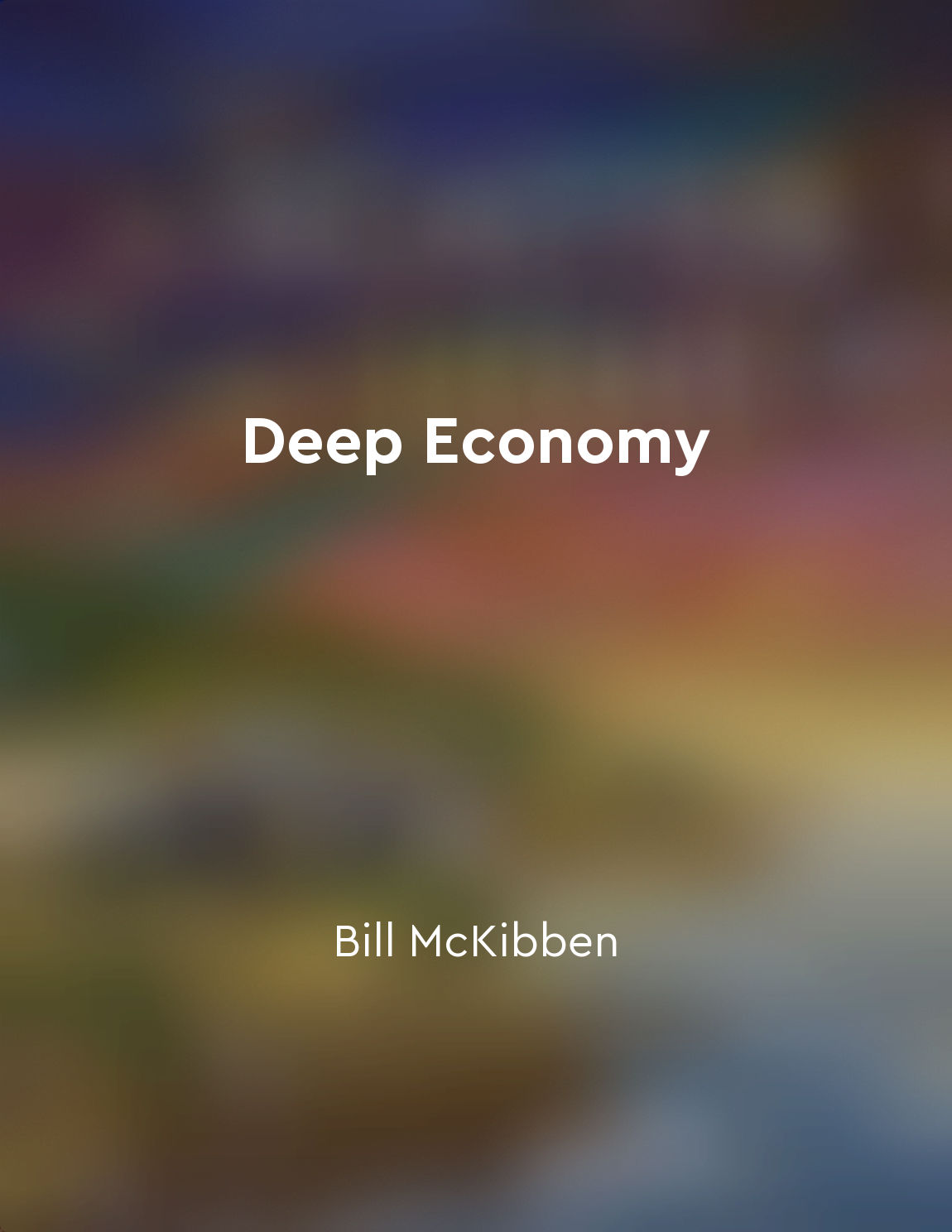The Paris Agreement is not enough to prevent catastrophic warming from "summary" of The Uninhabitable Earth by David Wallace-Wells
The Paris Agreement, despite its ambition and global collaboration, falls short of the mark when it comes to averting catastrophic warming. The agreement's goal of limiting warming to 2 degrees Celsius, with an aspirational target of 1.5 degrees, is simply not enough to prevent the worst impacts of climate change. The reality is that even if every country meets its commitments under the Paris Agreement, we are still on track for a world that is several degrees warmer than it is today. The Paris Agreement relies heavily on voluntary pledges from individual countries, known as nationally determined contributions (NDCs). These pledges are not legally binding and are often not ambitious enough to significantly reduce greenhouse gas emissions. As a result, the collective impact of these NDCs is insufficient to keep global temperatures from rising to dangerous levels. Moreover, the Paris Agreement does not address the full range of climate change impacts, such as sea level rise, extreme weather events, and biodiversity loss. These effects are already being felt around the world and will only worsen as temperatures continue to rise. In fact, some scientists argue that even a 1.5-degree increase in temperature could have devastating consequences for ecosystems and human society. To make matters worse, there is a significant gap between the current pledges made under the Paris Agreement and what is needed to stay below the 2-degree target. This gap will only widen if countries continue to fall short of their commitments or if they fail to increase their ambition over time. As a result, the Paris Agreement is not a silver bullet for addressing climate change—it is just one piece of a much larger puzzle.- While the Paris Agreement represents a step in the right direction, it is not enough to prevent catastrophic warming. To truly address the climate crisis, we need more ambitious and enforceable commitments from countries around the world. We must also take immediate and decisive action to reduce greenhouse gas emissions and transition to a more sustainable and resilient future. Otherwise, we risk facing a world that is uninhabitable for future generations.
Similar Posts
Empathy and compassion are essential
In a world marked by rapid technological advancements and complex global challenges, empathy and compassion stand out as indisp...
Hydrosphere and water resources are essential topics
The hydrosphere is an integral component of the Earth's system, encompassing all water bodies on the planet. Water resources ar...
Public discourse deteriorates into division
In a society where public discourse deteriorates into division, the consequences are far-reaching and detrimental. When individ...
Security threats require new strategies
As we navigate the complexities of the modern world, one thing is abundantly clear: security threats are constantly evolving. T...

Human wellbeing depends on a healthy environment
Human well-being is intricately linked to the health of the environment that sustains us. Our physical and mental health, our a...
Climate change affects all aspects of life
Climate change, a phenomenon that is becoming increasingly evident in our world, is not just limited to changes in temperature ...

Drive economic transformation towards sustainability
In order to secure a sustainable future, it is imperative to steer our economy in a direction that aligns with the principles o...
The Earth's rock cycle is a longterm process that shapes the planet's surface and influences its climate
The Earth's rock cycle plays a crucial role in shaping the planet's surface over long periods of time. This continuous process ...

